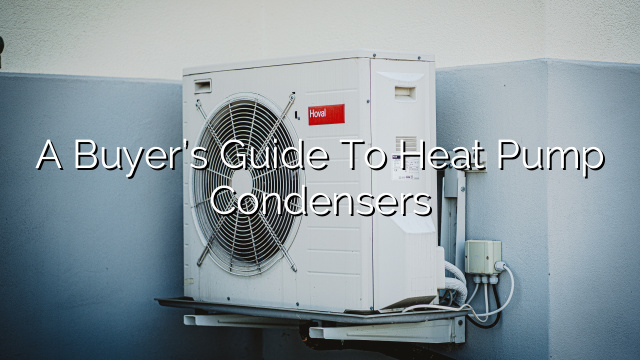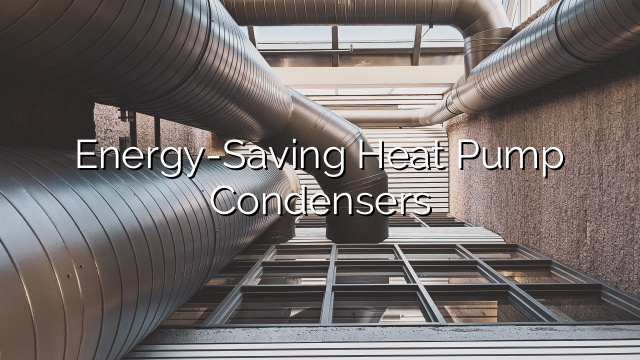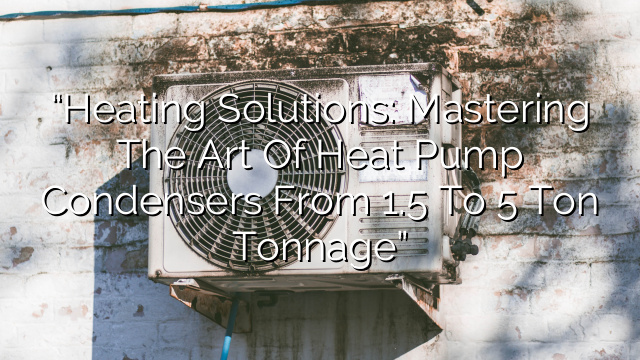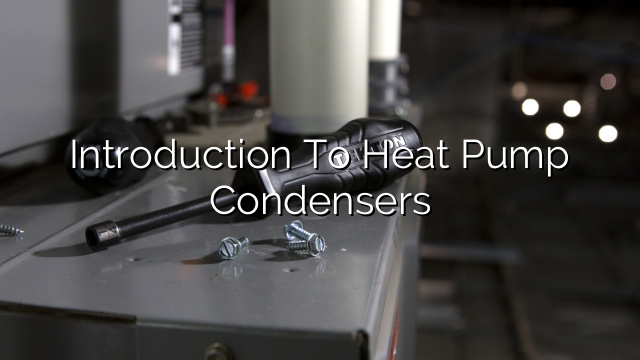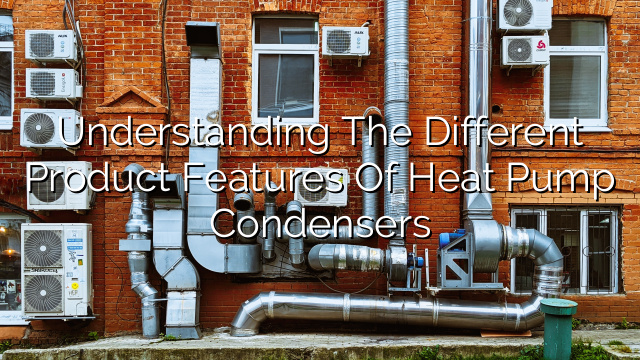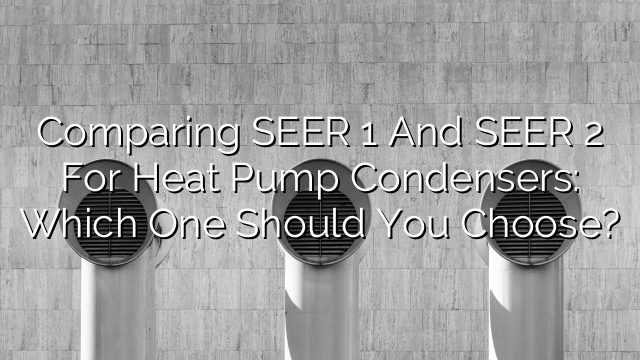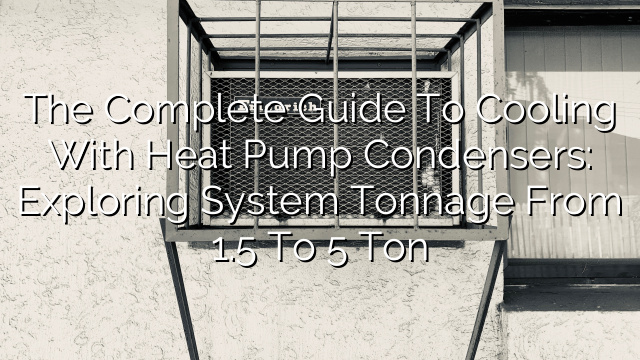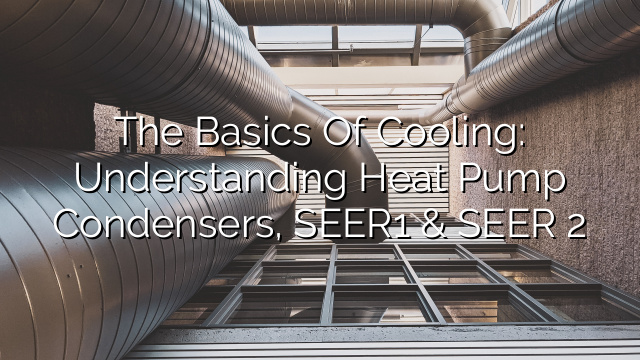When it comes to choosing a heat pump condenser for your home, there are several factors to consider. Heat pump condensers play a crucial role in the functioning of your heat pump system, so it’s important to choose the right one to ensure optimal performance and energy efficiency.
What is a Heat Pump Condenser?
A heat pump condenser is an integral part of a heat pump system. It is responsible for releasing heat absorbed from the indoor air during the cooling process or absorbing heat from the outdoor air during the heating process. The condenser contains the compressor, the condenser coil, and the fan. These components work together to transfer heat from one place to another.
Types of Heat Pump Condensers
There are two main types of heat pump condensers: air-source condensers and ground-source (geothermal) condensers.
- Air-Source Condensers: Air-source condensers are the most common type of heat pump condensers. They extract heat from the outdoor air and transfer it inside during the heating process, while expelling heat to the outdoor air during the cooling process. These are more affordable and easier to install compared to ground-source condensers.
- Ground-Source (Geothermal) Condensers: Ground-source condensers utilize the constant temperature of the ground to efficiently transfer heat. They extract heat from the ground during the heating process and dissipate it to the ground during the cooling process. While ground-source condensers are more expensive upfront and require a larger installation space, they offer higher energy efficiency and long-term savings.
Factors to Consider
When choosing a heat pump condenser, it’s important to consider the following factors:
- Size: Choosing the right size of condenser is crucial for efficient operation. An undersized condenser will struggle to meet the heating or cooling demands of the space, while an oversized condenser will cycle on and off frequently, leading to energy wastage. It’s important to consult with a professional to determine the appropriate size.
- Energy Efficiency: Look for condensers with a high Seasonal Energy Efficiency Ratio (SEER) and Heating Seasonal Performance Factor (HSPF) rating. Higher ratings indicate better energy efficiency, which translates to lower energy costs.
- Noise Level: Consider the noise level of the condenser. Condensers with sound-dampening features or low-noise designs are ideal if you prefer a quieter environment.
- Brand Reputation: Choose condensers from reputable brands known for their quality and reliability. Research customer reviews and ratings to gain insights into the performance and durability of different brands.
- Warranty: Check the warranty offered by the manufacturer. A longer warranty period usually indicates the confidence of the manufacturer in the product’s quality.
Installation Considerations
Heat pump condenser installation should be carried out by a professional HVAC technician to ensure proper functioning. Installation considerations include:
- Location: The condenser should be installed in a well-ventilated and unobstructed area, away from windows, doors, and other noise-sensitive areas.
- Clearance: Make sure there is sufficient space around the condenser for proper airflow and easy access for maintenance.
- Leveling: It’s essential to ensure the condenser is installed on a level surface to prevent performance issues and reduce stress on the system.
- Electrical Requirements: Ensure that the electrical supply matches the requirements of the condenser and comply with local electrical codes.
Maintenance and Care
To ensure optimal performance and longevity of your heat pump condenser, regular maintenance is essential. The following maintenance tasks should be carried out:
- Clean the Coils: Dust and debris can accumulate on the condenser coils, reducing their efficiency. Regularly clean the coils to ensure proper heat transfer.
- Inspect and Clean the Fan: The fan needs to be checked and cleaned to ensure proper airflow and prevent any obstructions that may affect the performance of the condenser.
- FAQ: Here are some frequently asked questions about heat pump condensers:
- Q: How often should I clean the condenser coils?
- A: It is recommended to clean the condenser coils at least once a year or as needed. If you notice a decrease in performance or efficiency, it may be necessary to clean them more frequently.
- Q: Can I install a heat pump condenser myself?
- A: It is recommended to have a professional HVAC technician install the heat pump condenser to ensure proper installation and avoid any potential damage or safety hazards.
- Q: How long do heat pump condensers typically last?
- A: Heat pump condensers can typically last 15-20 years with proper maintenance and care. However, the lifespan can vary depending on factors such as usage, environmental conditions, and regular maintenance.
- Conclusion:
- Choosing the right heat pump condenser is essential for optimal performance and energy efficiency. Consider factors such as size, energy efficiency, noise level, brand reputation, and warranty when selecting a condenser. It’s also crucial to have a professional HVAC technician install the condenser properly and perform regular maintenance to ensure its longevity and performance.

